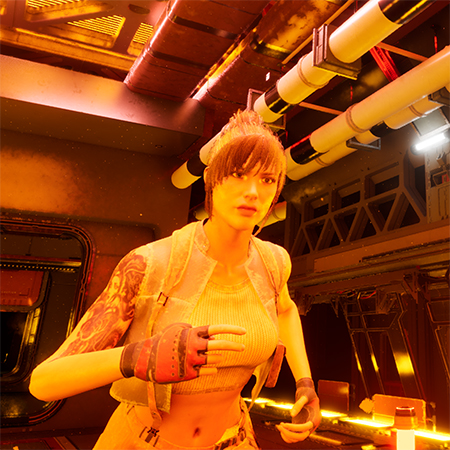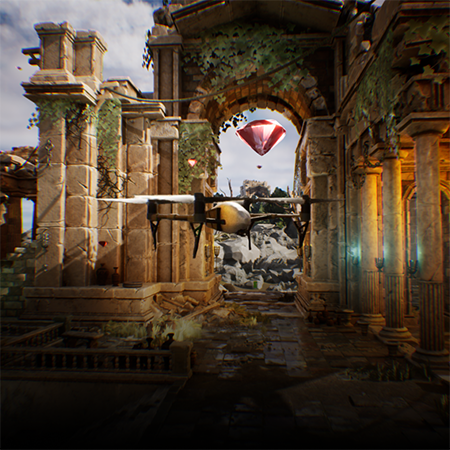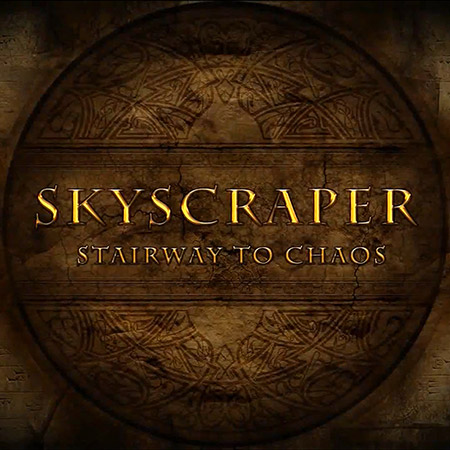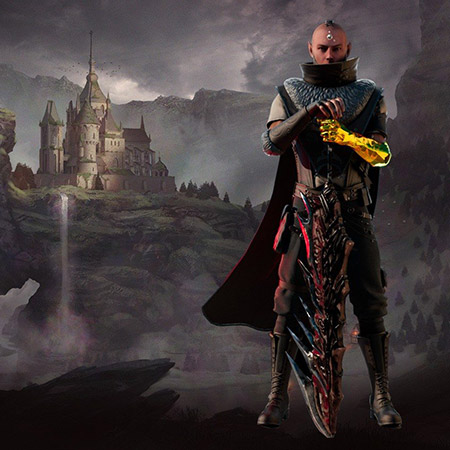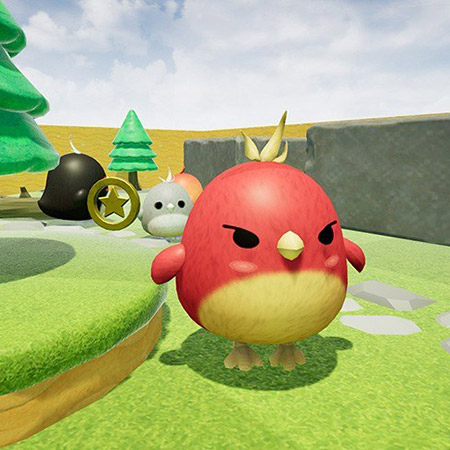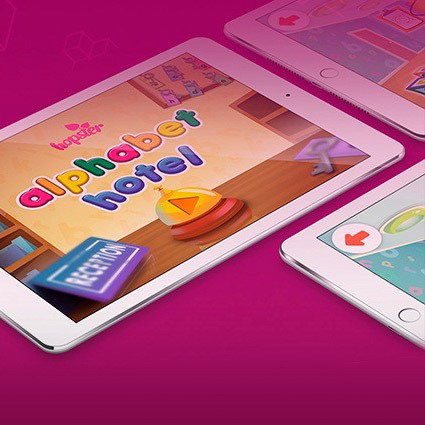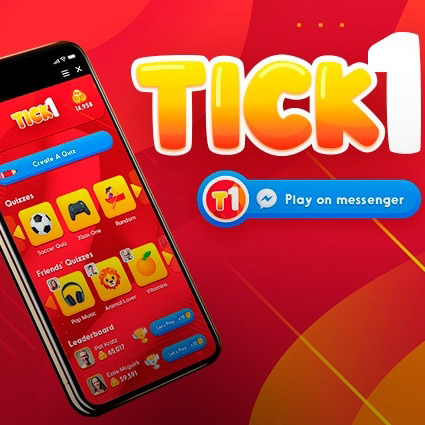Our pricing and payment terms are flexible and tailored to meet the specific needs of each project. When you choose artists for hire, we offer competitive rates based on the scope of work, project complexity, and engagement duration. Payment terms are typically discussed and agreed upon during the initial consultation phase, ensuring transparency and alignment with your budgetary requirements.
Concept art prices are influenced by several key factors. Firstly, project complexity plays a significant role, as more intricate projects require greater effort, creativity, and time investment from the artist, resulting in a higher budget allocation. Additionally, the level of detail in the artwork directly impacts pricing, with intricate elements such as character clothing, textures, and materials increasing the overall cost.
Moreover, the timeframe for completion is crucial, with detailed concepts typically requiring 50-80 hours of work. However, this duration can vary based on project complexity and desired level of detail. Opting for a game art outsourcing studio with multiple artists can expedite project completion, as more hands on deck means a quicker turnaround time.
Below, we present the pricing structures commonly used when hiring a 2D artist, freelance 2D designer, or designer for your project:
Hourly rates. Many 2D artists opt for hourly rates, providing flexibility for both the client and artist, especially for open-ended or evolving projects where estimating total time upfront is challenging.
Project-based fees. Clients and artists may agree on a fixed price for the entire project when the scope is well-defined, offering clarity from the start and easier budget management.
Retainer model. Long-term projects or ongoing work often utilize a retainer model, where the artist receives a regular fee (e.g., monthly) for a predetermined amount of work, ensuring availability and aiding financial planning.
Royalty-based compensation. In commercial projects with revenue potential, artists may agree to receive a percentage of the generated revenue, requiring clear agreements and trust between parties.
Revision fees. Pricing agreements may include clauses regarding revisions, with the initial contract allowing a certain number of revisions within the project fee and extra charges for additional changes.
Licensing fees. For projects requiring exclusive rights or specific usage licenses, artists may charge licensing fees based on the extent of usage rights needed by the client, such as exclusivity or modification rights.
Additionally, we offer various payment options to accommodate different preferences, including milestone-based payments or fixed pricing structures. Get in touch with us today to discuss your project details and receive a customized quote that fits your budget and timeline.

























